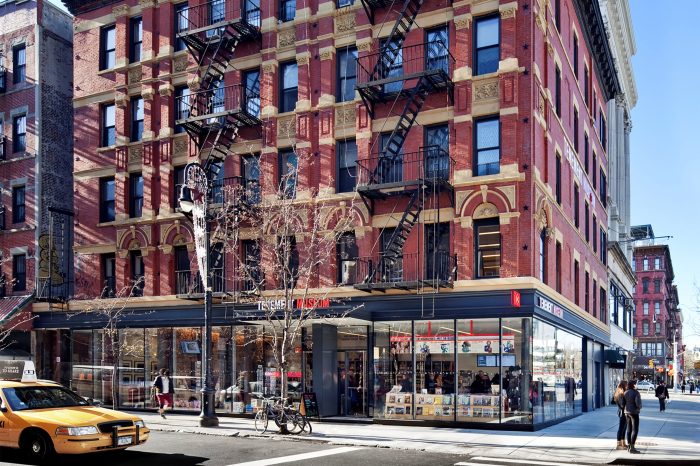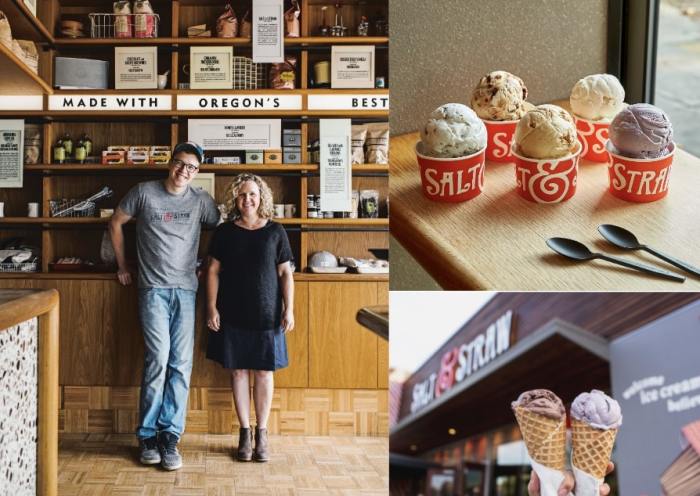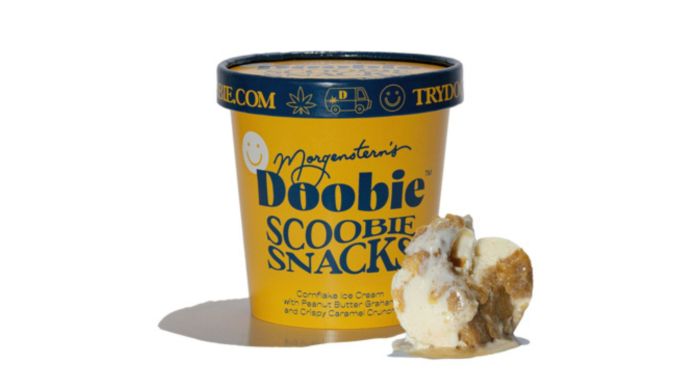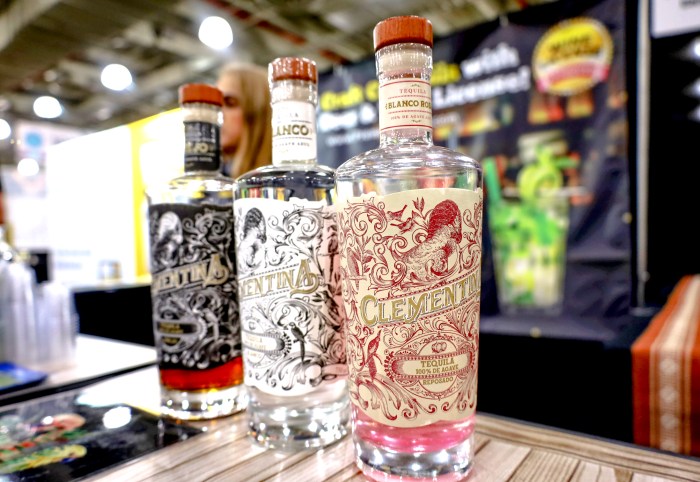A couple years ago, Bad Seed Cider Co. was just a small-batch hobby, its owners producing hard cider to sell alongside produce at greenmarkets from apples grown in the Hudson Valley. Now the company is set to ship 20,000 gallons of its craft-brewed cider this year alone, and signed a deal last month with a major distributor in New York City.
“We started realizing it has a lot more potential than to be just a side business,” said Devin Britton, who co-founded the Hudson Valley-based company with Albert Wilklow, and has been spending time this spring bottling his latest batch of hard cider.
Once an oddity sold rarely — if at all — alongside beer, hard cider is experiencing something of a renaissance throughout the country. New York craft producers like Bad Seed Co., and local apple growers that provide the fruit for the fermented beverage, are reaping a bonanza.
Although solid numbers of the industry’s overall growth are difficult to pin down, companies along the apple production chain have noted the surging interest in hard cider. “We are tickled pink, I’ll tell you that. It’s a whole new expansion category,” said Brian Nicholson, of Red Jacket Orchards, a major apple grower based in Ontario County that is seeing its business of supplying apple juice to cider producers grow 30 to 50 percent a year.
Cider makers are even getting a boost from New York policymakers at the state and federal levels.
Gov. Andrew Cuomo earlier this month announced a $6 million campaign to raise awareness of craft alcoholic beverages produced in the Empire State, adding in his opening remarks at the Wine, Beer, Spirits and Cider Summit that cideries went from having 114 to 385 jobs in recent years. He also announced legislation that would lower barriers to market for craft manufacturers, including easing the route to the sale of cider by the growler.
Meanwhile, U.S. Sen. Charles Schumer has been backing legislation in Congress that would lower barriers for hard cider to compete on shelves against craft beers. “New York is the second largest apple producer in the country, and there’s no doubt it should be at the core of the cider industry,” Schumer has said.
That is a surprising turnaround for an industry that was for decades after Prohibition had nearly dried up. Now cider is fighting for shelf space, bottle by bottle, against craft beer.
Alejandro del Peral of Nine Pin Cider Works in Albany attributed the growing interest in hard cider to savvy urban eaters aligned with the farm-to-table movement. “People are getting behind that,” he said. “It fits right in.”
Cider is produced from apples that are harvested in the fall. Grinding or crushing the pulp and then wringing the fruit in a cider press extracts the juice, which is then fermented with yeast — sometimes twice — in vats.
Different varieties of apples and even other fruits can be used to blend flavors to the liking of the cider maker, much like wine. Some ciders are drier; some have more carbonation or none at all. Wine yeasts can contribute nuance to make the cider almost like champagne. Tannins can also add character.
Nowadays, New York cider makers are crazily dreaming up new combinations.
Doc’s Hard Cider, located in Warwick, produces pumpkin, sour cherry and even black current hard ciders. Eve’s Cidery, a small family-owned business in the Finger Lakes region, produces a range of semi-sweet ciders. Its Rustica cider is described as tasting of “green apples, vanilla and cream soda” and its Northern Spy has “tiny bubbles and a mouth-watering acidity” that pairs well with mussels. Bad Seed Cider Co., meanwhile, sells a cider aged in bourbon barrels that retails for $11.99 in 750 ml Belgian bottles.
Many of these ciders can be found at shops specializing in craft beers or at in-the-know bars. Some can be ordered online. But cideries are looking to new frontiers for their fermented drinks — including opening tasting rooms with draught cider on tap.
Nine Pin Cider Works was the first cidery to receive a special state-issued license in February that allows the company to sell drinks by the pint at a private tasting room while getting direct feedback from customers.
“We can actually talk to the people who are drinking the cider” and respond to feedback by tweaking recipes, he said. The license also allowed them to hire two new employees.
Sara Grady is vice president of Glynwood, a nonprofit that works with growers in the Hudson Valley and is helping to help a group of cideries create a trade association.
She said the thirsty New York City market is essential to the growth of hard cider in the state as well as the vitality of upstate farms. “Buying hard cider preserves orchard landscapes and the heritage of apple growing, and creates new opportunities for farmers,” she said.

















